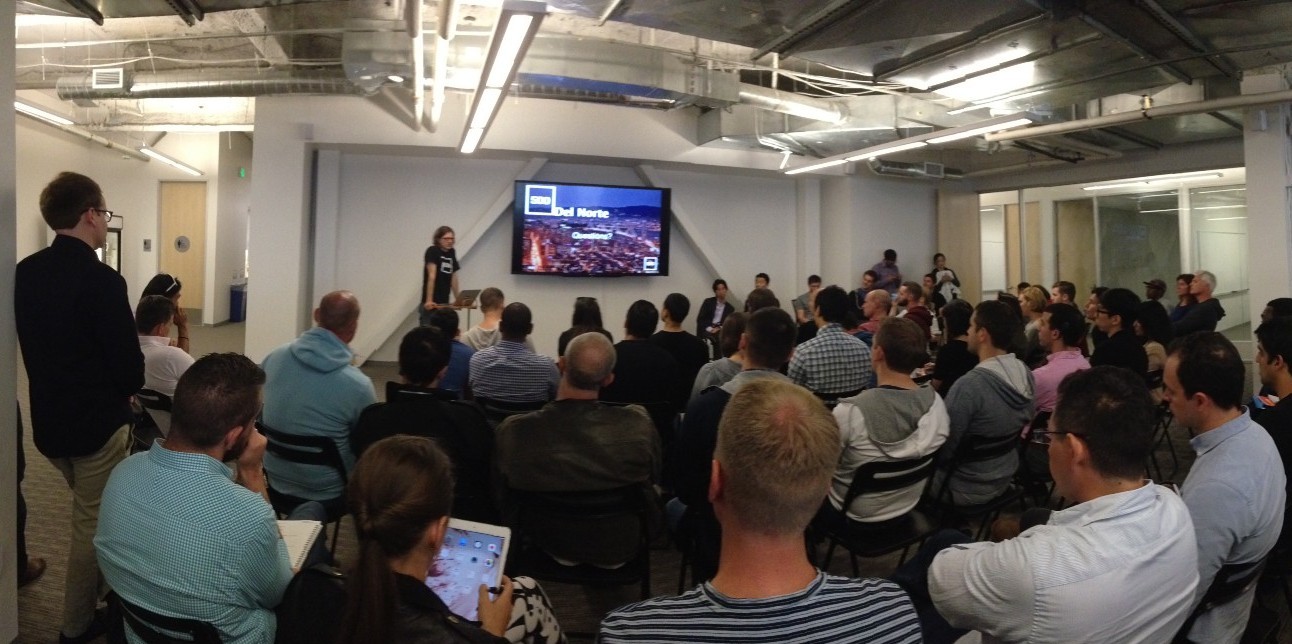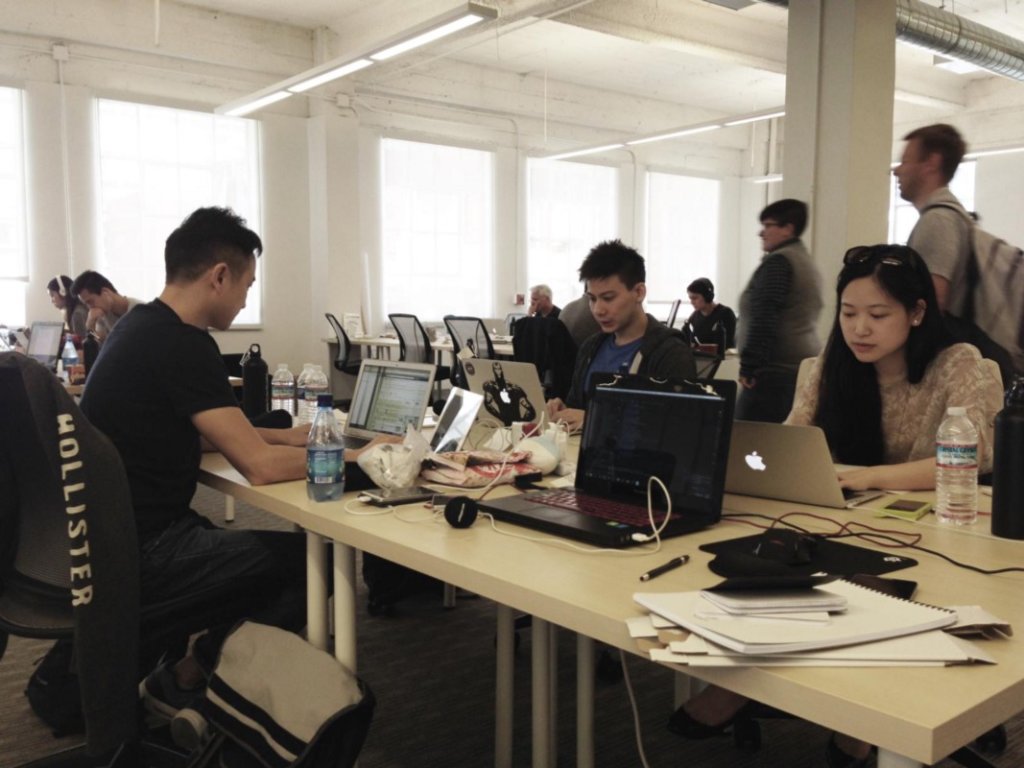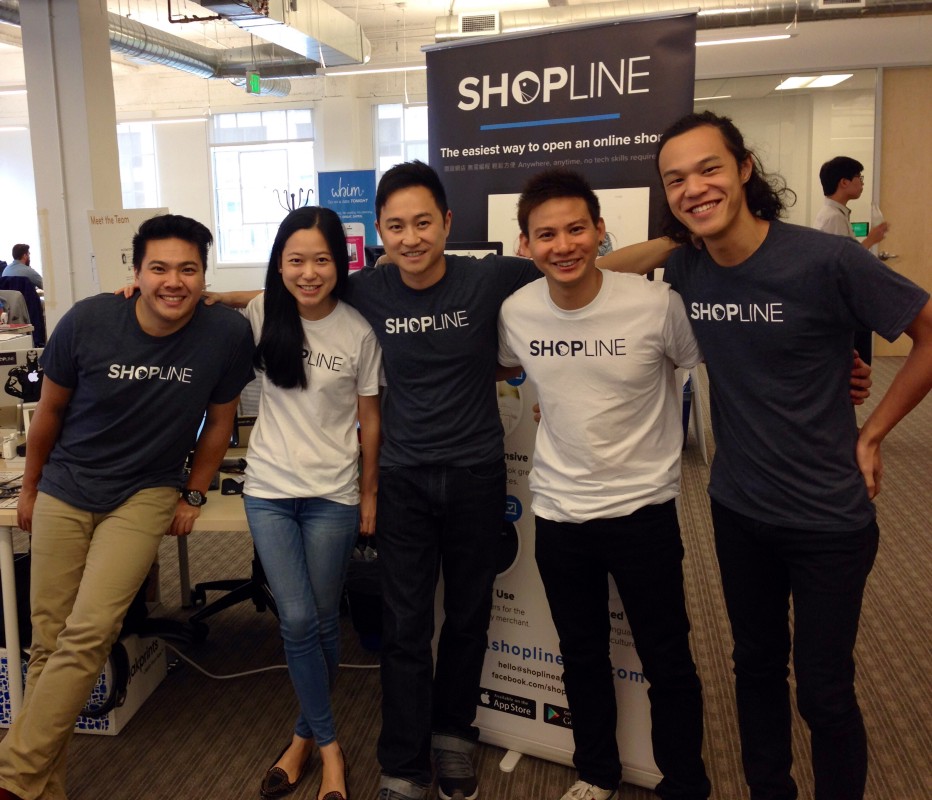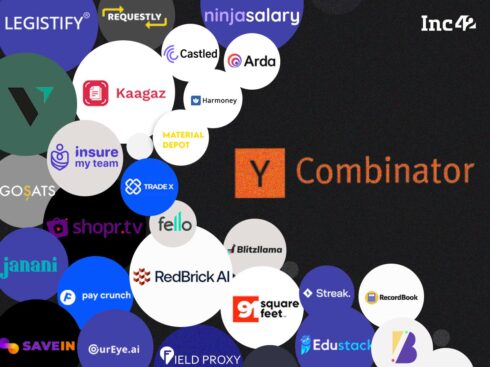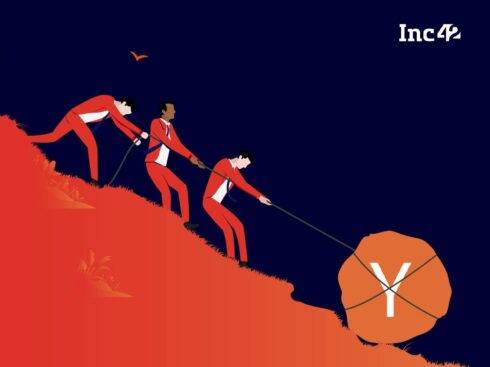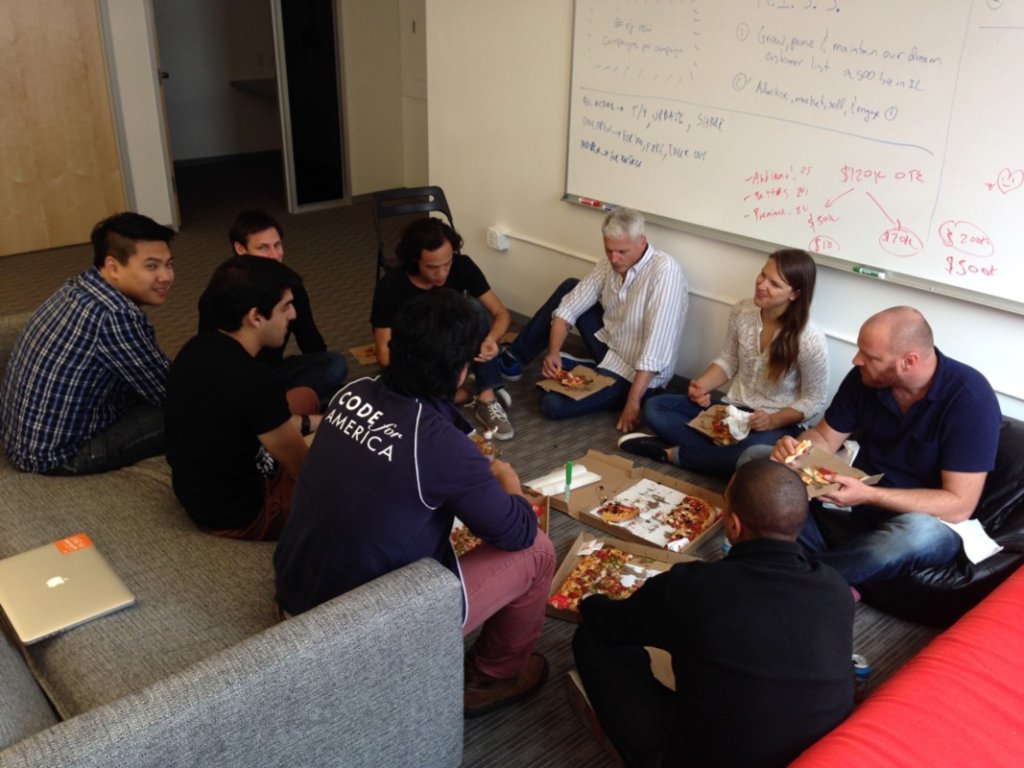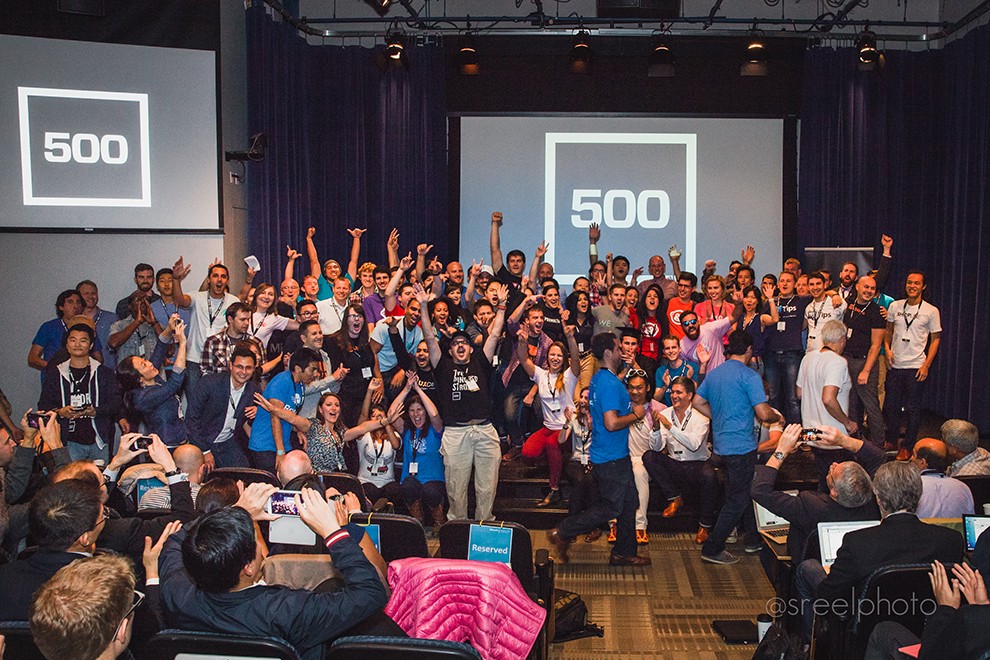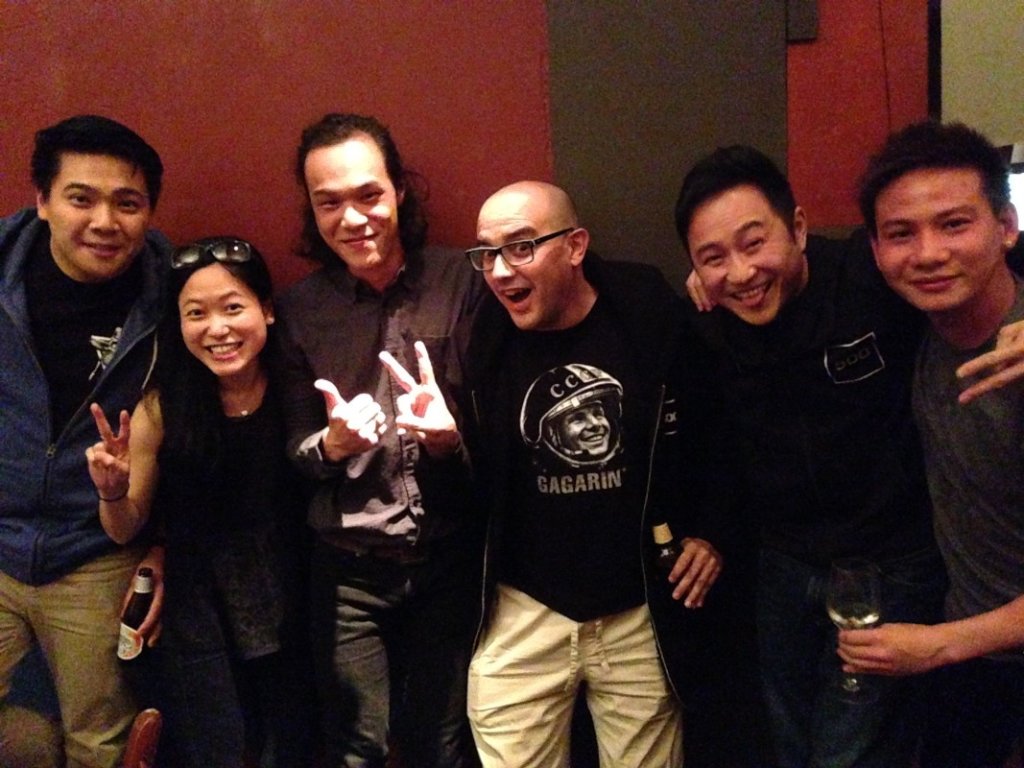With so much attention being paid to startup accelerators over the last several years, entrepreneurs are clamouring to earn a spot in top tier programs as a first step for their startup. Our base city of Hong Kong has also seen an uptick of local accelerators, many of which are dedicated to specific focuses such as B2B, hardware or fintech.
Ever since Shopline returned from the 500 Startups accelerator last summer, I frequently get asked several general questions regarding our experience. I will devote this post to answering a few of them.
How did you get in and was it difficult?
The idea of joining 500 sort of came by chance. It was mid-April 2014 and we were gearing up to do our first fundraising round. In all honestly, at the time, we actually had little strategy, very few connects, had an unpolished pitch and I couldn’t answer 80% of the questions thrown at me. Then one day my co-founder Fiona told me she had lined up a meeting with an investor that may result in us moving to the U.S. for four months. At the time I didn’t really think too much of it, I was more concerned with how we can actually raise money with the list of angels we had in mind. While merchants were signing up for Shopline and we were gaining momentum, in order to grow faster we needed help and more resources. In retrospect, this meeting couldn’t have come at a better time.
As I dug more into it and realised how big this could possibly be for us, I definitely began to feel the pressure going into the meeting. The person we met with was Rui Ma, the 500 Startups partner based in Beijing and in charge of Greater China. We were fortunate enough to have squeezed 45 minutes from her to listen to our pitch. She was only in HK for a short while and by that time she was probably hearing up to ten pitches a day. We met up and once she sat down I whipped out my iPad and immediately went into pitching mode. (I believe that was the last time I pitched using an iPad in a café.) She seemed skeptical at first but we came out of that meeting feeling pretty good about ourselves. We followed up soon after that and stayed connected. Rui was very encouraging along the way but told us that we had actually just missed the deadline for Batch 9 and that we should focus on growing our business and shoot for Batch 10 or 11. We needed to show more growth so that we’d have more to work with if we made it in. (500 generally does not take in companies that are too early because there is very little they can help with if the business itself isn’t approaching growth stage yet.)
Fast forward a month or so, applications for Batch 10 opened and we were on top of it in a heartbeat. There was the usual form filling exercise and we also had to create a video as part of the process. While they did say production value is not important, we spent a solid day on making the clip as snazzy as possible. We even had outtakes! (Some times we like to believe the outtakes put us over the top). A few weeks passed by and we were called for a Skype interview with the other partners and we got the good news within a few days. Two weeks later, we were on a plane headed for San Francisco.
Is it really worth giving up the early stage equity?
Some people would flinch at the thought of giving up 7% so early, and are not sure whether it’s really worth it. My answer is a resounding, one thousand percent YES. I feel, and this is completely my own opinion, when you’re that early, your equity don’t really mean jack anyway. The network alone from 500 Startups is worth at least that much. Not to mention the mentorship, advisory, resources and loads of perks. This holds especially true if you’re fundraising. The 500 brand is strong and no matter what our company was doing, people took notice, both in Asia and in the Valley. At least now people were willing to have a cup of coffee with me. Before that, I hardly got investors to respond to my emails, let alone a meeting. We knew we were badass already and we were a confident bunch, but having 500 behind us gave us a certain level of added validation. In terms of fundraising, there were still no guarantees. Just because we were 500, doesn’t mean people were throwing money at us, so that shouldn’t be the expectation. However, it did open up a whole lot of doors.
How was the overall experience?
Aside from the fact that we were in beautiful San Francisco, which was a big part of the experience, we loved everything else about it. The accelerator takes in about 30 companies per batch, all of whom work out of the same space for the duration of the program. That is perk number one. It really wasn’t so much about the neat office space but more so the immediate sense of community that you feel among the other founders. Because many of the other startups come from different parts of the world, we had the opportunity to meet entrepreneurs from Europe, Asia, South America, the Middle East and other parts of the U.S. They brought with them a different perspective in problem solving, approach to business and culture that we have not been exposed to before. I would say the focus on being a global accelerator is one of the biggest advantages for 500. There is also a certain level of bravado and swagger that comes with being at 500. I must admit it was a bit fratty, but we embraced the camaraderie while we were there. We forged a lot of relationships that carried on well after Demo Day.
Most of the companies are at a similar stage, with a couple that were a bit earlier and a few that had already reached 1M ARR mark. Generally though, I believe the idea is not to have companies that are too far apart in terms of maturity, in order to keep most of the topics relevant to everyone.
The accelerator has a network of 200–300 mentors (maybe more) that comes in and out for office hours with the teams. You can book time with the ones that you want to meet when they’re available. There are also scheduled fireside chats with guest speakers on a weekly basis during lunch. All of these mentors and advisors are heavy hitters in the startup community, and many of whom are successful 500 founders from previous batches.
The topics of these talks can range from product development to fundraising to distribution. It’s really up to you what you want to participate in. I always liken the the 500 accelerator to a buffet. Everything is there for the taking, it’s really up to you to prioritise and get the most out of the things that can really help. They don’t shove anything down your throats but the partners do encourage you to use what matters most to your business. Since I was responsible for fundraising and design, Tony owns product and tech, and Fiona handles distribution and customer success, we each took advantage of the resources that helped our individual areas the most. Of course, we all participated in other higher level topics together, such as team building, management, and overall business positioning. There are also weekly batch meetings for everyone to share the good, bad and ugly of the week. In comparison, Y Combinator seem to be more freeform while Techstars has a more structured and intense curriculum. 500 Startups sits somewhere in between. Different startups would be drawn toward one over the other. The 500 style worked for us.
The biggest thing about these accelerators is that it all ends with Demo Day. Some are a bit more low-key, while others are accompanied by the usual pomp and circumstance. Our Demo Day definitely came with a certain level of pizazz. The by invite only event was held at the Microsoft Sunnyvale offices with 600+ investors in attendance. This was our graduation of sorts, where each team has a chance to pitch on stage and have their 3 minutes of glory. I probably prepped for that pitch about 300 times by myself and with others for a month leading up to the event. Many of the founders would come together everyday and just go through the pitches over and over again. Ad nauseam. In fact, we heard everyone’s pitches so many times that we’ve memorised each others’ by Demo Day.
After we did our thing on stage, we went back to our booths in the adjacent room where investors would come by to ask questions and dig a little deeper in to the business. Despite some misconception, no one was throwing checks at us as we walked off the stage. It just doesn’t happen that way, at least not with 500. However, there were a handful of companies that closed some money from investors they met during Demo Day. We certainly had a lot more interest and were able to line up a slew of investor meetings for the following week. Especially when word of the event started to hit Techcrunch, Mattermark, ProductHunt, etc.
I tend not to describe too many things with a statement like “an experience of a lifetime”, but my time at 500 Startups comes awfully close.
Why did you choose 500 over say YC or Techstars, etc.
Since we didn’t initially intend on joining an accelerator, YC and Techstarsnever even crossed my mind. In hindsight though, going with 500 was probably the best choice for us. Just as I’m typing this, a piece written by an alumnus of both YC and Techstars showed up on my newsfeeds. He does a great job comparing the two as someone that’s been through both accelerators. All I can say is that I would take throwing back beers and burritos with Dave McClure over having chili rice with Mark Zuckerberg any day of the week.



